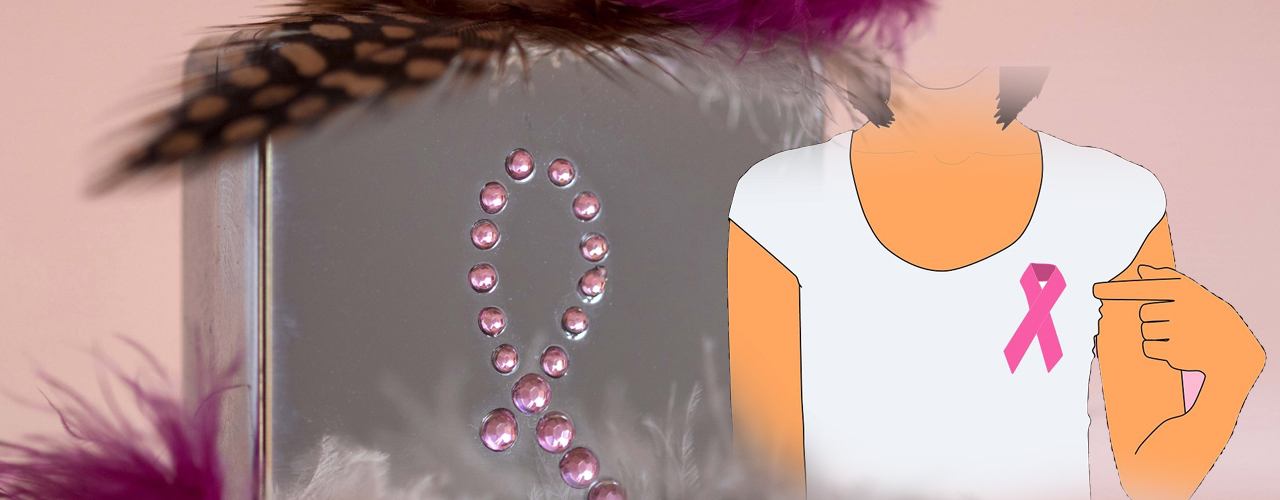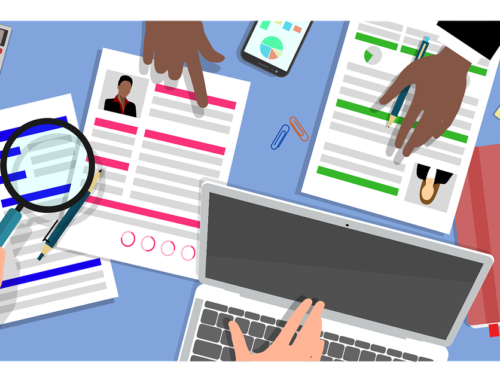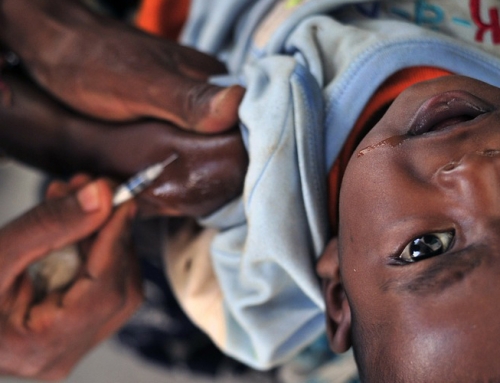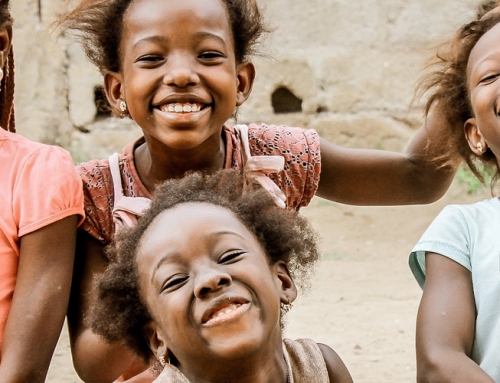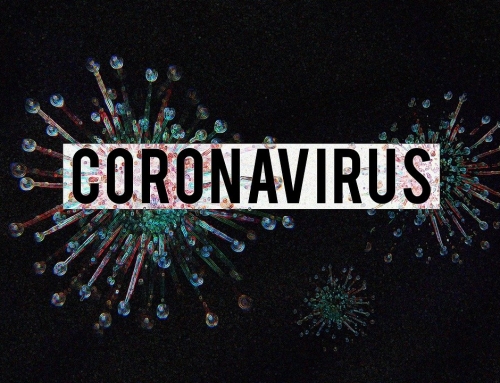For most women, performing a regular self-examination on their breast and not feeling a lump can cause a sense of relief. However, not every woman has that same reaction and experience. A few years back, a close family friend of mine was diagnosed with breast cancer. It took a toll on my family and left us truly worried. At the end of her journey, she became a breast cancer survivor and we all thank God for that. Nonetheless, throughout her journey, I wanted to do some research on breast cancer and understand the different solution that was forming to help eliminate this issue. As I dig deeper and make some important findings, I wanted to share my findings with you all. I hope that you guys can also understand the current research that is being done to stem breast cancer.
Routine breast self-examination (BSE) is necessary because it can help control the cancer from spreading by identifying it and seeking help early. Since 1994, experts say that many women have been affected by breast cancer. In fact, 1 in 8 women will have invasive breast cancer during their lifetime. There are many risk factors that can contribute to breast cancer, such as the environment and genetics.
There are studies that have shown an association between breast cancer and genetics. One study that showed the correlation is the sister study. The sister study, showed how genetics and environmental exposures of sisters who do not have the cancer compared to those that do. This study will help us understand why some people develop cancer and why others do not. As children are growing up, their breast tissue is developing and maturing, environmental exposures such as chemicals, diet, and social factors can increase the risk of developing breast cancer later on in life. Understanding how environmental and genetic factors contribute to developing breast cancer is important to identify and design programs that can treat and eliminate this cancer that had impacted people that have it and their families.
For more information on topics such as breast cancer, I invite you to take a look at what we are doing at the Health, Environmental Education and Awareness (HEEA) program. On HEEA day, we educate members of our community on the relationship between the environment and public health. Experts share nuggets of life-saving health and environment information in a joyful and entertaining atmosphere. You too and your family and friends can on us.
I can tell you that human health is truly complex. But there is hope. Obtaining and empowering ourselves with the latest information and research on different health conditions is important for protecting your health. There are a lot of valuable information published by health care providers, researchers and other experts from around the world. You can read these articles for free and get updated information on health issues affecting mothers, women, children and families and other health issues online at the International Journal of Maternal and Child Health and HIV/AIDS. You can also read other interesting articles on public health, medical research, and how research is changing our lives at IJTRansmed.
You can also read more at
www.niehs.nih.gov;
www.globalhealthprojects.org/programs/environment/heea-program/; and
www.sisterstudy.niehs.nih.gov/English/about.htm
*At the time of writing, Ms. Kanisha Blake, MPH (Epidemiology) was a public health intern at the Global Health and Education Projects, Washington, DC, USA, under the mentorship and supervision of Dr. Romuladus E. Azuine.

